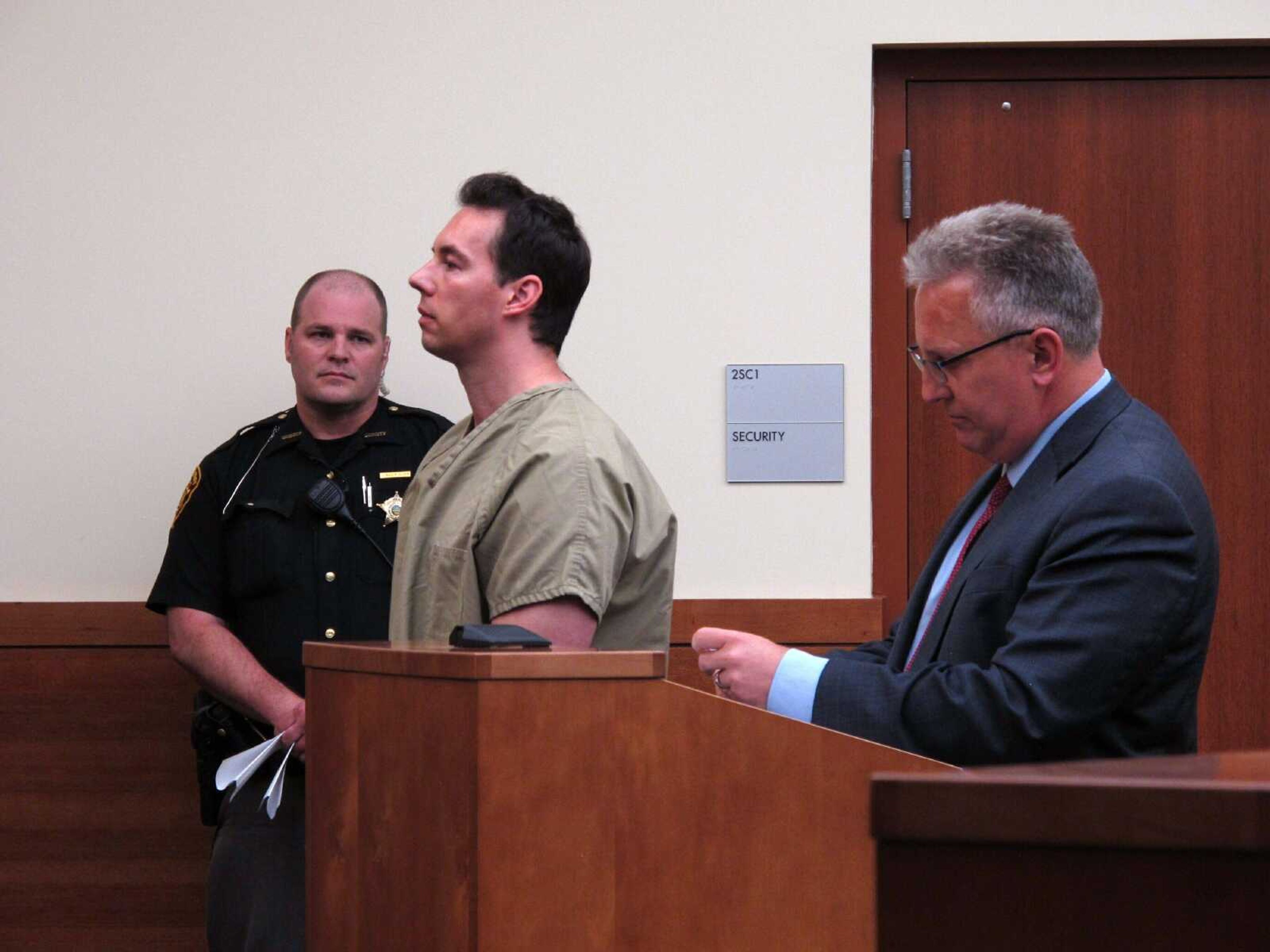Can authorities prove doctor killed 25 patients?
COLUMBUS, Ohio -- Prosecutors face a legal hurdle as they pursue 25 murder charges against an Ohio doctor accused of essentially using his colleagues as weapons by ordering fatal painkiller doses for hospital patients but not directly administering them himself, legal experts say...
COLUMBUS, Ohio -- Prosecutors face a legal hurdle as they pursue 25 murder charges against an Ohio doctor accused of essentially using his colleagues as weapons by ordering fatal painkiller doses for hospital patients but not directly administering them himself, legal experts say.
Critical care doctor William Husel has pleaded not guilty. His lawyer, Richard Blake, said Husel was trying to provide "comfort care" for dying patients and didn't intend to hasten their deaths, as prosecutors allege.
If the case goes to trial, legal experts said, a key challenge for prosecutors would be proving Husel ordered doses without medical justification and intending to cause deaths, even if the drugs were actually administered by a nurse or other colleague.
"The real defense I would see that he would have is this might be within the range of legitimate medical conduct," said Wes Oliver, a criminal law professor at Duquesne University. Whether Husel administered the drugs himself or ordered them is irrelevant under the law, Oliver said.
"If you set something in motion that then causes a death, it doesn't matter whether you're the physical last act," Oliver said.
It's one of the biggest cases of its kind against an American health care professional, and it appears to a far less cut-and-dried case than that of a nurse in Germany who was sentenced Thursday to life in prison for murdering 85 patients by personally administering drug overdoses.
A critical element is what Husel was thinking at the time he ordered the painkillers.
"The question is, what was going through their mind when they did it?" University of Dayton law professor Thaddeus Hoffmeister said. "Was it his purpose to take the life of another? Was he acting recklessly? Or was he acting negligently, like was he just sloppy? ... Now that's a hard case to make when you've got 25 people dead."
The murder charges were brought only in cases involving fentanyl doses between 500 and 2000 micrograms, far more than authorities say is typically used to treat pain.
Prosecutors likely will argue Husel, 43, had to know there was no legitimate medical need for such large doses and they would be lethal, said former prosecutor Ric Simmons, who teaches criminal law at Ohio State University. They would need to prove his intent, not motive.
Simmons and Hoffmeister said they found it interesting no other medical workers were charged in the case despite being aware of or involved in the high doses.
"If you're a medical professional, that might have jumped out at you," Hoffmeister said.
Other employees from the Columbus-area Mount Carmel Health System were treated as witnesses and aren't being prosecuted, Franklin County Prosecutor Ron O'Brien said.
It's possible not facing criminal charges made those employees more cooperative witnesses, Simmons said.
They still might face repercussions. Dozens of nurses and pharmacists have been reported to professional boards for review and possible disciplinary action in the matter.
Mount Carmel fired Husel in December and has said any employees who had a role in administering medication to patients who received excessive doses have been removed from patient care as a precaution.
The hospital system found Husel ordered potentially fatal drug doses for 29 patients, including five who might have received those drugs when there still was a chance to improve their conditions with treatment. The hospital system said six more patients got doses that were excessive but probably did not cause their deaths.
Authorities are still reviewing cases, O'Brien said.
Courts likely will look closely any action the State Medical Board has taken regarding Husel, Oliver said. Records show no prior disciplinary action against Husel by the board until it suspended his medical license over the current allegations. The board won't disclose whether it received any complaints not resulting in action.
Mount Carmel has publicly apologized and pledged to continue cooperating with authorities and making "meaningful changes" to ensure such events never happen again.
Connect with the Southeast Missourian Newsroom:
For corrections to this story or other insights for the editor, click here. To submit a letter to the editor, click here. To learn about the Southeast Missourian’s AI Policy, click here.










